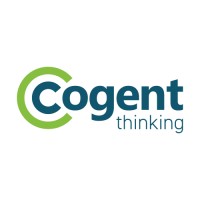
Lutheran Social Services of the National Capital Area
Since 1917, Lutheran Social Services of the National Capital Area (LSSNCA), a human services and immigration relief and refugee welcome agency, has accompanied those in need throughout Maryland, Virginia, and Washington, D.C. to foster resiliency, self-sufficiency, and access to opportunities. We provide services that last beyond just the initial arrival for families, youth, children, and individuals rebuilding their lives in the D.C. metro area. LSSNCA is accredited by COA Accreditation, a service of Social Current. Motivated daily by our belief in the inherent dignity of all, LSSNCA’s innovative participant-informed programs serve refugees, forced migrants, immigrants, children and youth, and underserved communities by filling in the gaps. Piloting initiatives like the area’s first camp for kids impacted by the HIV/AIDS crisis, originating local pro se asylum workshops for Afghan Allies, launching a Resource Center to serve as a community hub for all recently arrived program participants, and offering myriad trauma-informed mental health support services, LSSNCA strives to create an inclusive community of well-being where people thrive.






